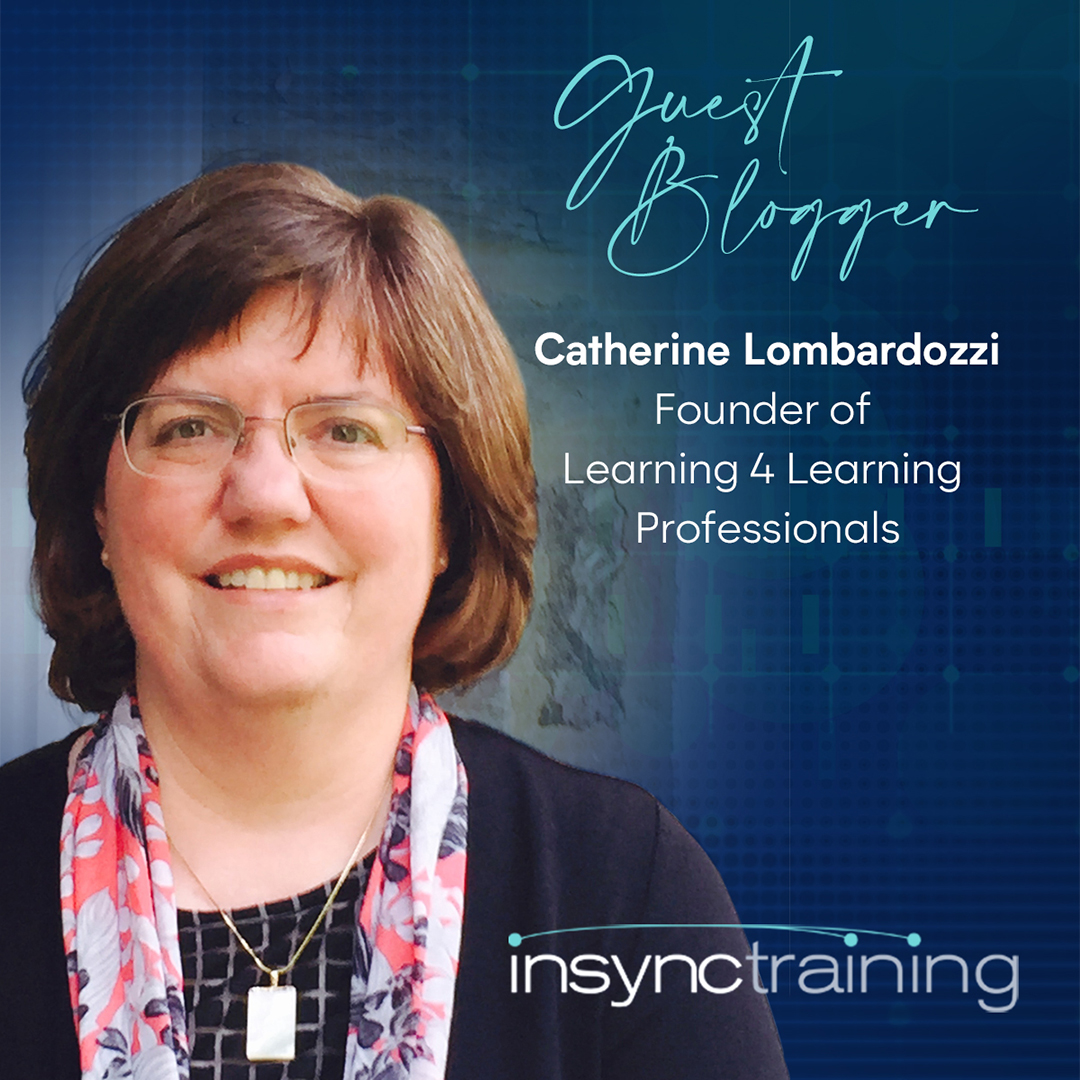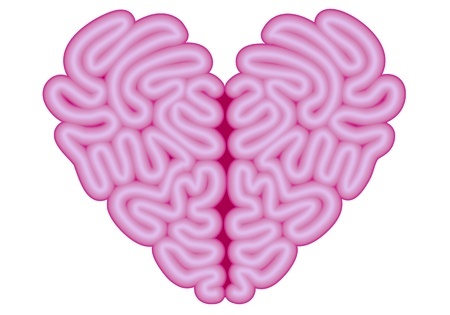Podcast - Learn to Think like a Dirty Marketer with Daniel Foster
Daniel Foster, the strategy lead for the Snagit application at TechSmith, believes the best learning professionals think like dirty marketers. But...

When you are completely occupied with working on your projects, signing into meetings, and scrolling through your many communication networks – it may be hard to remember just how important your job is and how much your colleagues, clients, and organizations count on you to do it well.
Those of us who work in the learning and development field are often in the background, but the work we do ensures that our organizations can keep moving forward. We get people oriented and trained up for their new roles, develop skills for emerging initiatives, prepare leaders to meet challenges, and more. We’re there to keep the day-to-day operations humming along and to help the organization change direction.
Just as in any professional field of practice, we’re obligated to – and hopefully dedicated to, and excited to – deepen our skills and keep them current. Our professional development is up to us.
In finding ways to develop ourselves, we can look to professionals in other fields for guidance on some of the how-tos. My favorite sources of inspiration in this regard are people who work in the arts. And favorite among them is Lin-Manuel Miranda.
A number of years ago, when I first found myself unexpectedly deep in the thrall of Hamilton, I made something of a study of Lin-Manuel Miranda, hoping to find keys to his genius that I might emulate. It turns out, there are several great lessons in his habits of mind and behavior.
As a foundation, Lin-Manuel Miranda knows his stuff. He studies the great works of his field, picking apart what makes things work or falter. He knows the details of structure and plot and musicality that distinguish the best, and he notices the surprises in other’s work that delight. Lin-Manuel consistently attends other artist’s shows to stay up to date on emerging work. While his public comments always lift others up with applause and encouragement, I’m sure part of his mind is also deconstructing flaws as well as identifying highlights.
Lin-Manuel approaches his work with a learning mindset. When embarking on any new project, Lin-Manuel takes the time to identify what he might learn from the work – in fact, he’s said that he’s taken on projects specifically to learn from the process or from the people who are also involved. Famously, in doing his own work, he surrounds himself with people who will push him to do better – folks who are prodigiously talented in their own right and who aren’t afraid to let him know when his work isn’t the best it can be. An important part of the process of developing a show or movie is constant in-progress feedback that shapes and hones the end result.
Importantly, Lin-Manuel knows when to take a break and how to clear his mind so that ideas can flow. He takes in inspiration from the world around him as a matter of course, and uses long walks and subway rides as thinking venues. He also takes time to get away, allowing vacation time to replenish his creative well and let new ideas come to the surface. (He first conceptualized Hamilton while reading a biography on vacation.)
For our own professional development, we can take these lessons to heart. We need to become experts in the work we do by studying the foundations of the field – the details of what works and why. We can deliberately learn from others by deeply examining their work in order to find the core practices – and the mistakes to avoid. We should take advantage of every opportunity to learn, and we have to invite critique of our own work to benefit from others’ insights. And we must shake loose time to think, time to reflect, and time to allow ideas and creativity room to emerge.
As experts in learning who are counted on to bolster organizational capability, we must take advantage of the avenues available to us to be role models for professional development. Learning and development professionals who aren’t themselves learning create a huge credibility gap. Only by proving that we can further our own skills can we expect people in our sessions and programs to embrace their own learning process.
Learning from the best in our field and elsewhere is a great way to develop our skills. And it can be a delightful exercise when their work is outstanding in some way. By taking inspiration from the most creative and impactful among us, we can continuously raise the level of our own craft.
This post is the first in a series in which I’ll highlight some of the many strategies learning and development professionals can employ to advance their own knowledge and skill. Stay tuned. And let me know if there is a particular habit or approach that you’d like me to illuminate.
I’ll leave you with some advice from Lin-Manuel Miranda’s twitter feed: “Allow for the possibility that the best of you is still inside you, waiting to emerge. Prepare the way, bit by bit.”
Want to learn more? Download InSync Training's 54-page guide: Thriving As A Learning Professional.

Daniel Foster, the strategy lead for the Snagit application at TechSmith, believes the best learning professionals think like dirty marketers. But...

How does building emotional intelligence allow learning professionals to be more effective at their jobs? Today’s world is changing at a dizzying...

If you’re like me, you are subscribed to dozens of email lists, content newsletters, and newsfeeds about virtual training and learning and...